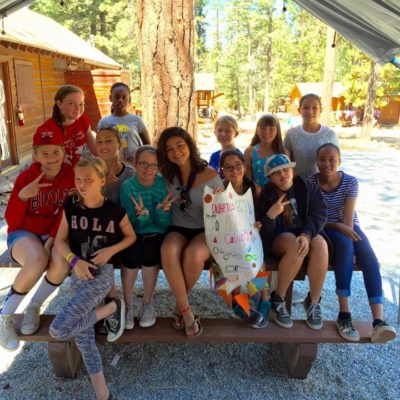Tips for Transitioning to College
It was scary to leave high school and go into college as a person with type 1 diabetes. The transition was a nerve-racking process, (as if it isn’t already hard enough making it as a student!) Incorporating the complexities that come with diabetes into college student life can be stressful. The one thing that you should try and keep in mind though is that there are so many people that go through it, so you are never alone.
From my experience, most everyone who knew me in high school was at least somewhat familiar with type 1 diabetes, and even more people were aware that I had it. All of my teachers knew how to use a glucagon, I went to the health center every day to administer a shot and check my blood sugar, and if I had a low in class, someone nearby would offer up a granola bar in their lunch if I was out of sugar tabs.

College, on the other hand, has been an entirely different story. The following are all of my “pro-tips” to help you navigate your way through your new and exciting college life:
- Health insurance – If you go somewhere out of state (like me) it is important to make sure that your insurance will cover you in case of an emergency.
- Disabilities services – You also want to register with the disabilities services office so they are aware that you have type 1 diabetes. (This is so that if you were to ever to be unable to take a test/finish an assignment because of an extremely high/low blood glucose (BG), or other diabetes related emergency, your professors will be able to provide you with an extension or alternative assignment.)
- Supplies – Contact your pharmacy to inform them of your new location. Life would be so much easier if your diabetes supplies were be able to magically follow you to college, but the reality is they won’t. Your new pharmacy should be able to directly send them to your dorm address.
- Low snacks – You are in charge of you, now. In other words, your mom will not be buying your juice boxes and crackers for those pesky middle-of-the-night lows anymore. Keep a stockpile of snacks you can use to treat a low in your room and also in your backpack! There have been one too many times where I’ve been stuck in a class, nowhere near any eateries or vending machines, and was forced to run across campus to get something to treat my low.
- Housing – When choosing housing, keep in mind where the dorms are in relation to dinning halls. It is smart to choose one close to a place you can grab food if you need it.
- Roommates – If you get an assigned roommate, (someone who you haven’t met before), it’s helpful to reach out and let them know about your type 1. Getting the conversation started so that they can be familiar with the basics (if they aren’t already) will make your living situation more comfortable.
College life rings in an era of freedom in more ways than one. From here on out, it is your responsibility to advocate for yourself and for your health. I found something that also really helped me with transitioning was getting in touch with The Diabetes Link and making an effort to reach out to other students with type 1 diabetes on my campus. My school is small and private, so there weren’t any existing chapters of The Diabetes Link or type 1 clubs, but with the help of a fellow T1D, we were able to put one together. Larger public schools are likely to have a chapter or you can start one! Reach out, make an effort to be a part of the community and you won’t have to go through any of it alone.
The Diabetes Link is a non-profit organization, whose mission is to provide peer support, resources, and leadership opportunities designed specifically for young adults.





